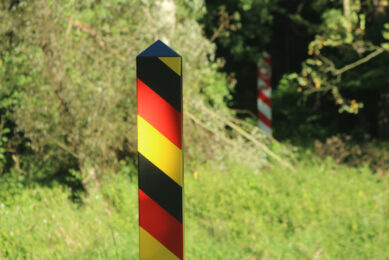GEA Westfalia Separator at EuroTier 2008
Fermentation residue and liquid slurry recycling in focus
Recycling not disposal. This demand is also increasingly applicable for organic substances from animal husbandry. As a response, GEA Westfalia Separator is placing modern decanter processes which make fermentation residue and liquid slurry recycling more economical and efficient at the centre stage of their trade fair appearance at EuroTier 2008 in Hanover.
Biogas recovery with subsequent conversion to electrical power or gas feed-in has meanwhile become an established practice in the recycling of organic substances. However, during the biogas recovery process, a certain quantity of fermentation residue remains. To spread this on fields, correspondingly large areas are needed. With the decanter process from GEA Westfalia Separator, the biogas installation operators are not affected by this frequently restrictive factor. At the same time, they recover an additional valuable resource.
Successful concept
The decanter separates the fermentation residue into a liquid phase and a solid fraction. The free flowing solids can subsequently be dried using the energy from the cogeneration unit or alternatively solar energy. After further mechanical, thermal or biological treatment, the liquid phase can be fed into the runoff ditch. GEA Westfalia Separator has meanwhile implemented this concept in more than 30 fermentation installations in Germany, Sweden, Spain and Portugal to the fullest satisfaction of the operators.
More animals in the same space
The situation is much the same with liquid slurry recycling in animal breeding facilities. Legal provisions are likewise increasingly restricting direct spreading on fields as fertilisers. The result is a surplus of liquid slurry especially in animal-intensive breeding facilities. GEA Westfalia Separator has mastered this challenge too by developing a future-oriented decanter process. In this process, the decanter separates up to 90 % of the phosphate compounds and up to 35 % of the nitrogen compounds with the solids. Due to its organic composition, these free flowing solids are ideal for further processing to fertiliser. The liquid phase can be spread without harming the soil, i.e. the farmer can use the existing area for a larger number of animals. These decanter installations from GEA Westfalia Separator are available both as stationary and mobile systems. Mobile decanter installations for liquid slurry processing are already operating extremely successfully, for example, in the Netherlands and Belgium.
Return to EuroTier 2008: main page











